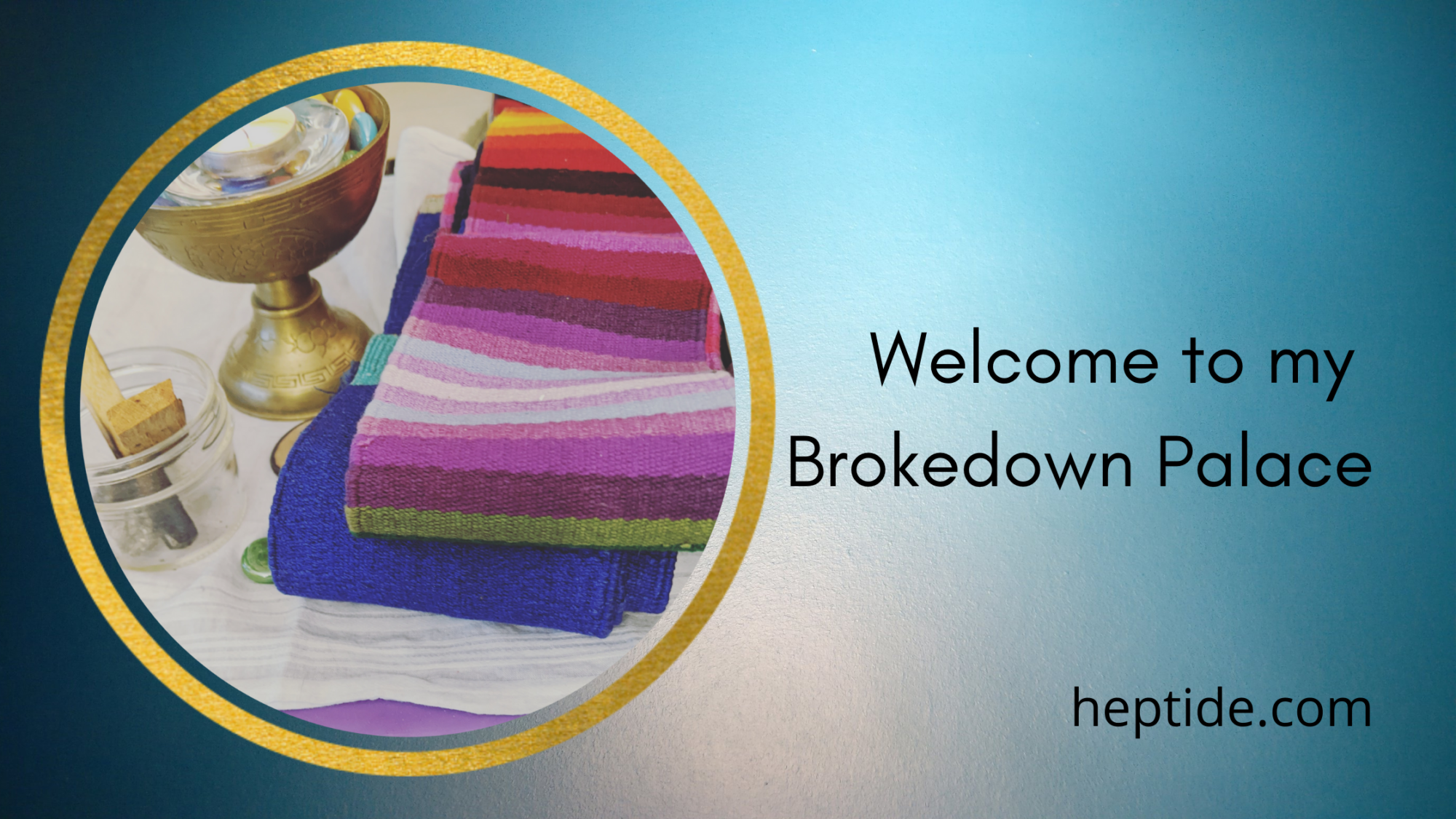Grandad is always intentional.
When I was younger and we left the house to work in the yard there was a process. We walked to the basement and sat on the steps, we changed from our shoes into our boots, we left out of the garage, past the second refrigerator full of coke, past Grandma’s car, past the tennis ball that hangs from the ceiling (so that she knew when to stop), past the air compressor on the left. We walked past the old well that’s been covered up as long as I could remember and took a right, walked parallel to the creek, and across the front yard toward the shed that looks out upon the garden.
Every move, every step, full of intention.
At the right time of year, the garden would be full of tomatoes, corn, cucumbers, and green beans. Lots of green beans, so many in fact Grandma and Grandad would sit on the porch after harvest to wash them to prepare them for canning, usually well over 100 cans. But that day wasn’t a canning day.
As we approached the shed we passed an old horse drawn plow, an antique, it was now a reminder of days’ past. I would always place my hand on its handle, thinking how strong the men who controlled it must have been, even if it is being pulled by some form of animal. The giant blade would cut into the soil, and the man behind the plow would guide it, walking every inch. Touching the plow, I wondered, “What is strength,” and then I would look to Grandad.
My grandfather grew bush beans instead of the pole beans I often see in the south, and that day I went to pick with him. He’d pick each plant three times because the beans would grow back. We would each get an old milk crate to sit on while we picked and a basket in which to place the beans as we moved down the row.
“Be careful” he’d say, “don’t pull the plant out of the ground, we will pick it again.” He repeated this so often it could be a mantra for some strange religion. In all honesty, I would get a little tired of hearing it, wondering when he would move on to something else.
I said, “Okay,” then pulled the plant out of the ground, hastily returning it, hoping he wouldn’t notice. I realized it takes a firm and gentle hand to pull the beans from the plant without pulling out the plant, and that’s my grandad, firm and gentle.
By trade my grandfather was a painter, I went on a few jobs with him to make extra cash in the summers, well, I just went on one, I was harsh and impatient, he was firm and gentle. I noticed his hand moved with intention, never swaying, never veering, and never any proof that paint had been anywhere it wasn’t supposed to be. I would stand in awe, I don’t think I did anything with that much intention, and for him it was so natural, though never mechanical. His movements were elegant and rooted in peace.
I remember coming in from the garden that day with Grandad.
I was a young minister, and I spoke to grandmother of sermons I would preach about that day, even though I wasn’t sure what they were. To this day, I’ve not preached those sermons, I don’t know if I will ever have the authority to preach them. On my best day, I struggle to live them. Grandad, a military veteran and a boxer would teach me that true strength came from peace.
I was never any good at my grandfather’s trade, but some Sunday’s as I prepare for church I put on my shoes with intention, and I think of Grandad. He is known by many names, Grandma calls him John, his friends call him Dutch, but to me, he is and will always be Grandad. My patron saint of peace.
